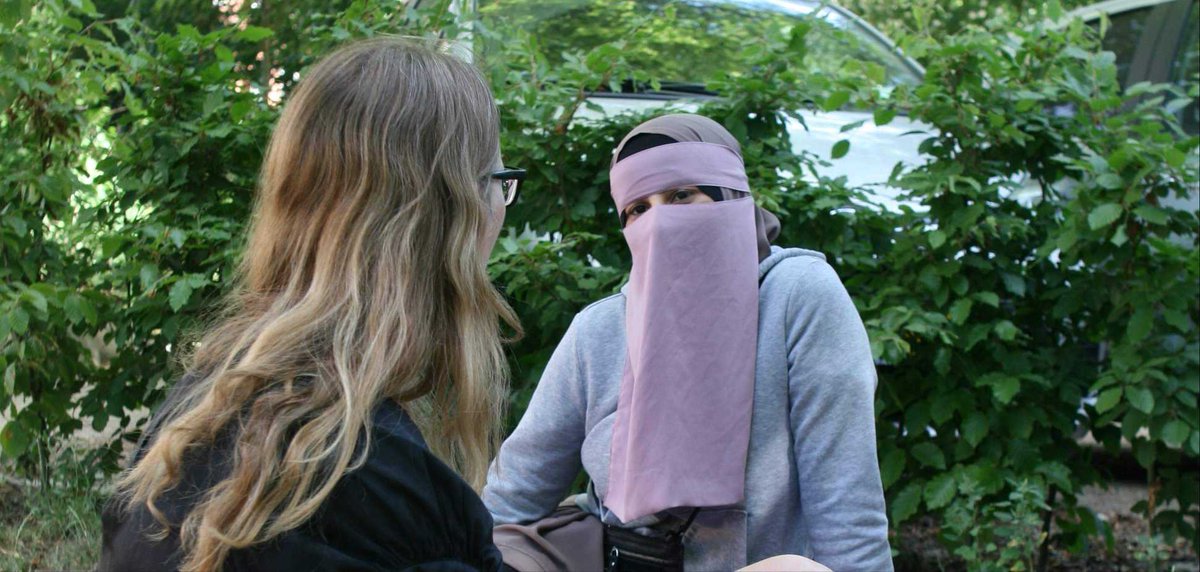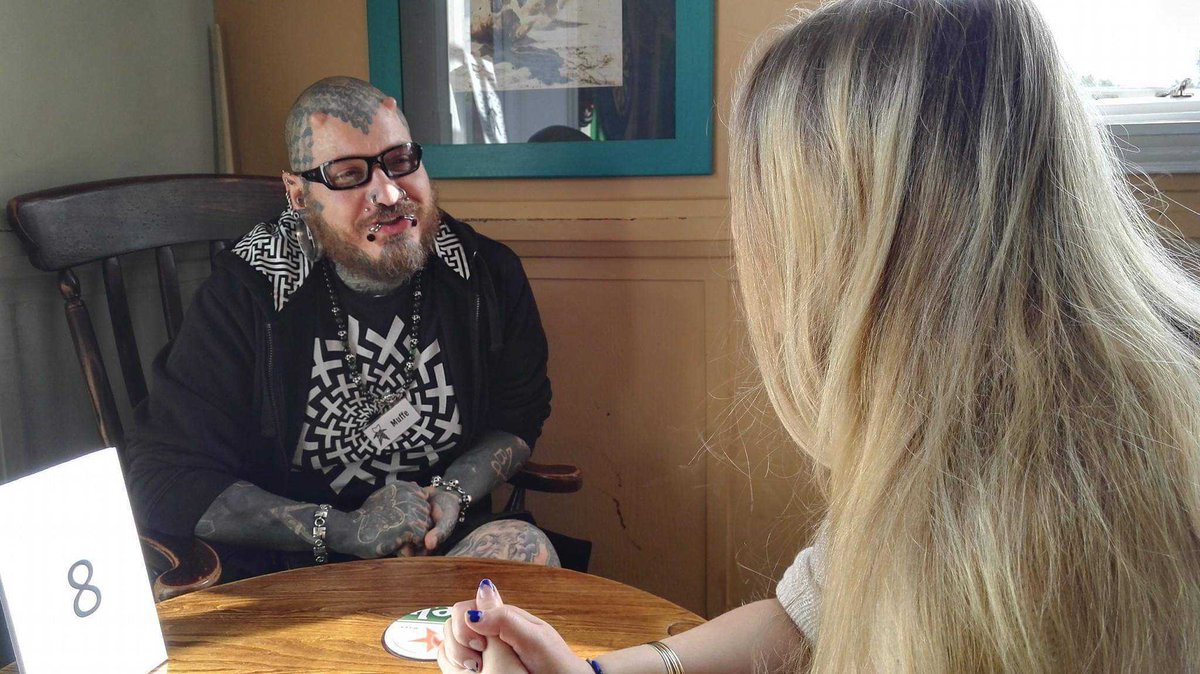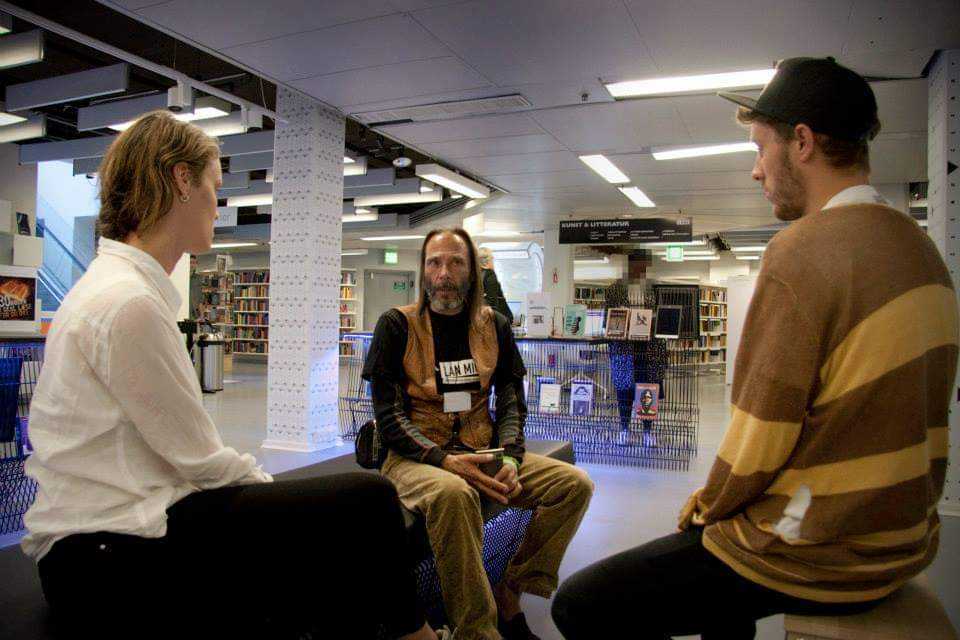The Human Library: How One Project is Changing the Way We See Others
Twenty three years ago, a simple idea in Denmark started to take shape: What if instead of books, libraries could give you access to people – from all walks of life – who would share their stories with you in a personal, non-judgmental way?
They called it the Human Library and ever since then, it’s become one of the best things to ever happen to books (we get it, technically they’re not “books” at all). Founded in 2000, the goal is to spread positivity and tolerance around the world, by encouraging dialogue and connection between groups of people who would otherwise never meet.

The Human Library is like a library, but instead of books, the “books” are real people from all walks of life - from refugees to people with disabilities to members of marginalized communities. They share their personal stories and experiences with visitors, in hopes of challenging stereotypes and promoting empathy.
Imagine spending half an hour with a Buddhist Monk to learn about meditation? Or a nurse who shares what it’s really like working in a high-pressure hospital. Or a former drug addict or convict, to learn what it takes to turn your life around?
Thanks to the Human Library, you can.

To say they’ve been successful is an understatement. From that one single location, the Human Library has expanded to host events in more than 85 countries attended by thousands of people. It’s had a particularly big impact in communities where tension and mistrust between different groups of people is high, providing a warm and welcoming space for conversation and mutual understanding. Feels like the world could really use some of that right now.
One of the most striking things about the Human Library is the emotional and powerful conversations that take place between the “books” and the visitors. It’s not uncommon for participants to feel deeply moved and inspired by the stories they hear, and to have their perspectives changed as a result.

And the healing and growth goes both ways. It’s not just the listeners who say they benefit. Many participants have reported feeling empowered and validated by the opportunity to share their stories. The program gives them a safe, trusting space to share their stories – both good and bad – knowing that their experiences will help others to see the world in a new way.
All in all, the Human Library is a fantastic way to promote kindness, understanding and unity. It’s a program that encourages conversations between people who may not have interacted otherwise, breaking down stereotypes, and making the world a more compassionate and inclusive place.
If you could meet anyone in the Human Library, who would it be? Tell us in the comments below.
